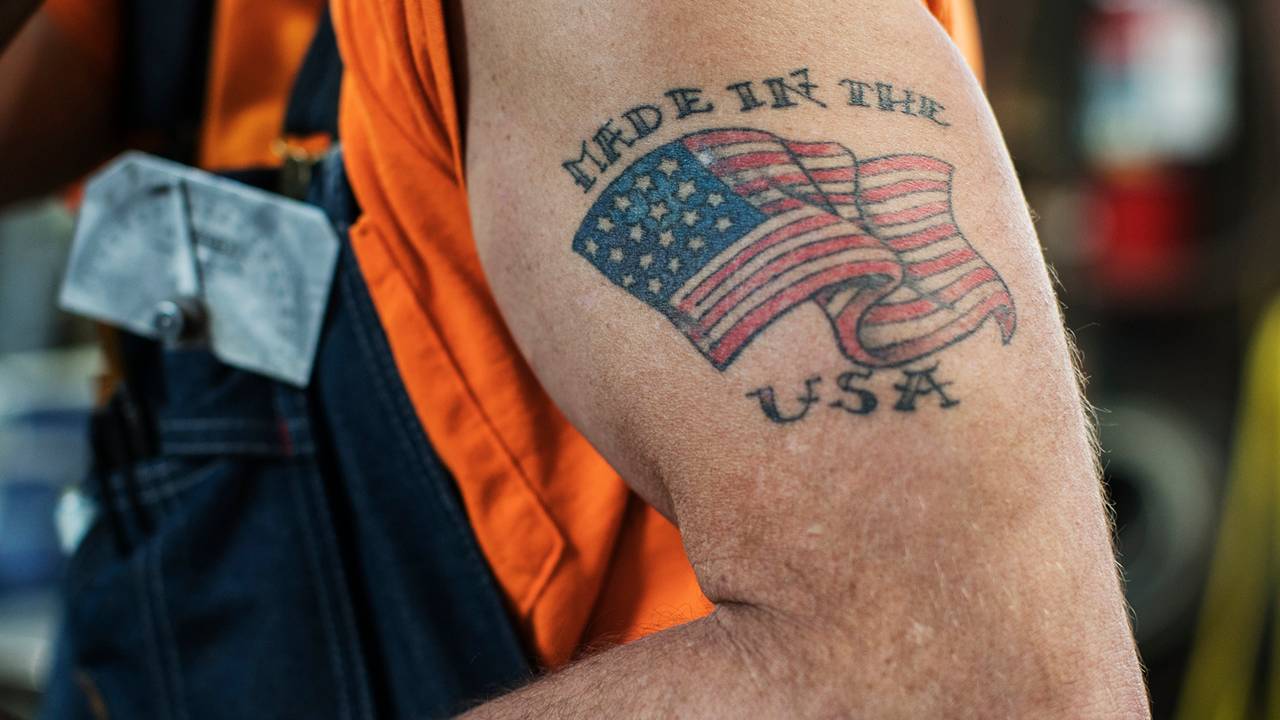Health Check: Dimerix shares soar as the company hooks the billion-dollar big one in the US
The kidney drug developer has struck a partnering deal with a Nasdaq listed company that could deliver more than $1 billion in payments.

Stockhead
Don't miss out on the headlines from Stockhead. Followed categories will be added to My News.
Dimerix’s tie-up with the Nasdaq-listed Amicus Therapeutics takes the kidney drug developer’s potential payments from partners to more than A$1.4 billion
Telix is roughed up in rare critical analyst report (and so is Impedimed)
Memphasys says its sperm selection tool is pregnant with promise
Dimerix (ASX:DXB) has filled the US gap in its network of global partnerships, today revealing a US tie-up potentially worth more than A$1 billion if the company’s kidney drug candidate is commercialised there.
Dimerix chief Dr Nina Webster dubs the compact, with the Nasdaq-listed rare diseases house Amicus Therapeutics, as “one of the biggest deals in Australian biotech history”.
Under the deal, Dimerix delivers to Amicus exclusive US rights to its drug candidate DMX-200, which is intended to treat the rare regressive fibrotic kidney disease focal segmental glomerulosclerosis (FSGS).
Amicus also has dibs on any further indications.
Amicus pays an upfront US$30 million ($48 million) to Dimerix, with the potential for up to US$520 million of success-based payments.
These consist of US$410 million of sales milestones, US$75 million on regulatory approval and US$35 million on first sales.
Dimerix is also entitled to tiered royalties on sales, in the “low tens to low twenties” range.
Except in Japan, Dimerix remains on the hook for the cost of the placebo-controlled trial, which is enrolling 286 patients across multiple sites.
'Ideal partner'
Webster said Dimerix was “absolutely thrilled” to be partnering with the US$2.2 billion market cap Amicus, which has two commercialised rare disease products and extensive regulatory expertise.
“This makes Amicus the ideal commercial partner for Dimerix,” she says.
“Collectively this puts us in a far stronger position to bring our exciting drug candidate to patients with limited treatment options.”
The Amicus tie-up follows three earlier licensing deals. The four deals combined are worth a ‘headline’ potential $1.4 billion (excluding royalties) and have delivered $66 million in upfront payments.
Unveiled in October 2023, Dimerix signed the Europe, Canada, Australia and New Zealand rights to Advanz Pharma.
This deal delivered $10.8 million upfront and potential milestones of $219 million.
In May last year the company struck a deal for Iraq and the Gulf Countries.
This delivered $10.8 million upfront and another $120 million of potential milestones.
In January this year, Dimerix struck a deal with Japanese company Fuso which delivered another $7.2 million upfront and $100 million of potential milestones.
All eyes on phase III trial progress
Of course, most of the funding is back-ended and depends on trial success and US Food & Drug Administration (FDA) approval.
Following the failure of Opthea's (ASX:OPT) two phase III eye programs, investors won’t be taking anything for granted.
But Dimerix has the benefit of an unblinded interim readout, which showed efficacy on key primary endpoints that were better than the placebo control.
“Dimerix has good validation for the asset, both technically and commercially,” Webster says.
"We have already demonstrated a strong safety profile and we have already collected encouraging efficacy data, across both the phase II trial and the first unblinded clinical analysis for the phase III trial.”
Helpfully, the FDA has agreed to the use of a so-called surrogate endpoints – the level of a certain protein in the urine – in the trial.
With no other dedicated FSGS treatment available, the FDA has accorded DMX-200 ‘orphan’ drug designation.
This confers benefits such as higher pricing and an exclusive marketing period.
Similar orphan drugs in the US sell for between US$120,000 and US$500,000 for a year’s treatment.
In the meantime, Dimerix continues to pursue licensing deals in key remaining geographies including mainland China and Latin America.
Dimerix shares soared close to 50% after a trading halt was lifted.
Petra Capital analyst Tanushree Jain says the better-than-expected deal “provides tangible evidence of industry interest in the DMX-200 asset and the continued exemplary execution capabilities of Dimerix management."
Telix is well overvalued, claims analyst
Research house Morningstar has gone against the grain of the consensus opinion on Telix Pharmaceuticals (ASX:TLX), describing the $9.5 billion golden child as overvalued by about 40%.
This week, the FDA unexpectedly rejected the company’s approval application for its brain cancer imaging tool, Pixclara.
The agency wants Telix to produce more clinical evidence.
Morningstar concurs the company is likely to do just that and eventually win FDA consent for its third approved product.
“We expect eventual approval of Pixclara in our base case but delay earnings contribution to 2026 from 2025 prior,” the firm says.
Pixclara has been used on thousands of patients globally, as well as in a US compassionate use program.
Telix’s first approved agent, Illucix for prostate cancer, has been hugely successful in the US.
The company also awaits approval of its kidney cancer imaging agent, Zircaix.
But Morningstar opines the market “appears overly excited about potential new earning streams from Telix’s product pipeline, which remains commercially unproven in an increasingly competitive market.”
The firm values the stock at $19.50, about 30% lower than the current valuation.
… and Impedimed is taken to task for ‘so-zo’ performance
Canaccord’s healthcare team has taken ImpediMed (ASX:IPD) to task for overly slow US sales despite its catchment of 258 million patients.
Impedimed’s Sozo device measures lymphoedema (buildup of fluid in the limbs) in breast cancer patients.
Describing Impedimed’s March quarter only as "so-zo" – the firm has been “consistently disappointed in Impedimed’s lack of pipeline conversion into real sales”.
Under new management, the company has revamped its sales team.
“However, we’re still bereft in confidence a material sales uplift, which is needed to restore confidence and drive a re-rate," says Canaccord.
There’s a twist in the tale: the firm still rates the stock as ‘speculative buy’ with a 9-cent valuation, compared with Wednesday’s close of 4 cents.
Memphasys gets to the pointy end of the tadpole – but needs cash
After a lengthy gestation period, Memphasys (ASX:MEM) is getting tantalisingly close to an endgame with its sperm selection device for assisted reproduction.
But the company needs more funds, having ended the March quarter with a slender $287,000 cash balance after burning $697,000 during the period.
In March the company announced the results of its phase III trial of its Felix device.
Undertaken with Monash IVF Group (ASX:MVF) , the trial met its primary endpoint of a superior embryo utilisation rate.
Approval decisions pending in Europe, India and locally.
Felix uses electrical charges to separate the decent tadpoles from the duds – and most fall in the latter category.
The company claims Felix is “statistically superior” to the current centrifuging method – which is a bit rough on the taddies.
It is also “non inferior” to the alternative method of ‘swim up’ – a Darwinian process of sorting the swimmers from the floaters.
Post balance date the company raised $1.275 million in a placement and has a $473,000 on a $900,000 R&D tax rebate due in September.
The company is in discussions with “industry and strategic investors, which may involve licensing, joint venture and/or distribution agreements."
At Stockhead, we tell it as it is. While Dimerix is a Stockhead advertiser, the company did not sponsor this article.
Originally published as Health Check: Dimerix shares soar as the company hooks the billion-dollar big one in the US






